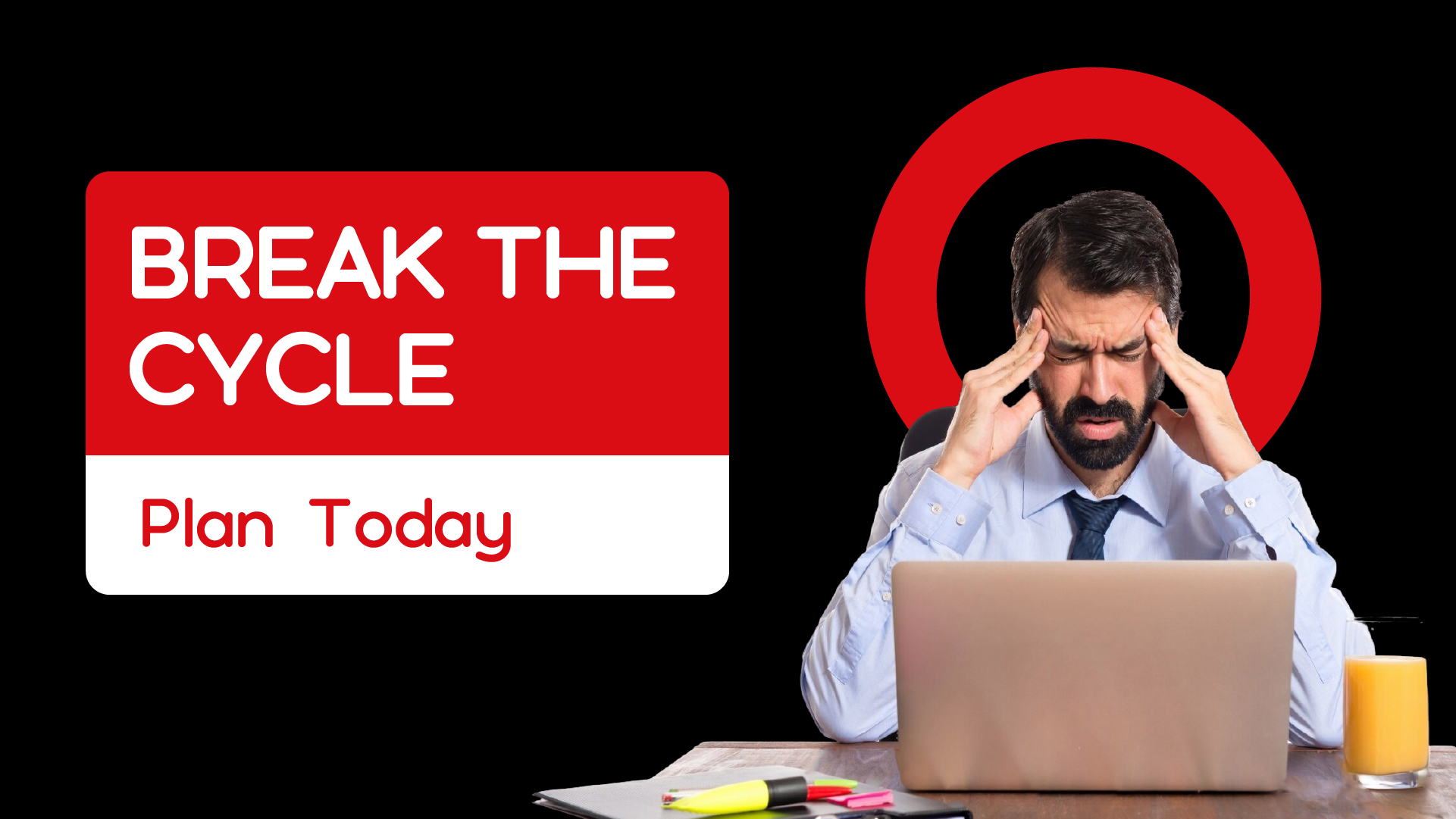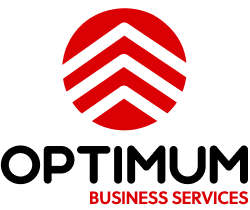
22 Jul Tax Tip: Estimated Taxes
What Are Estimated Taxes?
Estimated taxes are advance payments of income tax. They apply to income that isn’t subject to withholding, such as self-employment, investments, rental income, or gig work.
The IRS requires these payments because the U.S. tax system works under the “pay-as-you-earn” model—meaning you must pay taxes as you receive income, not just at the end of the year.
Who Must Pay Estimated Taxes?
You must make estimated payments if: First, you expect to owe at least $1,000 in taxes for the year, after subtracting withholdings and refundable credits. Plus, your withholdings and credits will be less than the smaller of:
- 90% of the tax shown on your current return, or
- 100% of the tax from your previous year’s return (if it covered the full 12 months).
In summary, this applies to individuals such as: sole proprietors, partners in partnerships, S-corporation shareholders, and anyone who receives significant income without withholding.
Corporations must make estimated payments if they expect to owe $500 or more in taxes.
When Are Payments Due in 2025?
In summary, this applies to individuals such as: sole proprietors, partners in partnerships, S-corporation shareholders, and anyone who receives significant income without withholding.
Corporations must make estimated payments if they expect to owe $500 or more in taxes.
- April 15, 2025
- June 16, 2025
- September 15, 2025
- January 15, 2026 (for last quarter 2025 income)
Real-Life Examples:
- A freelance photographer receiving income without withholding from clients
- A property owner renting a house without tax withholding
- A delivery driver with multiple 1099 forms
- A business owner earning beyond their reported salary
- A W-2 employee receiving an unexpected bonus or additional payment that may increase their tax burden and require adjustment
How to Calculate and Pay?
To calculate how much you should pay, estimate your adjusted gross income, deductions, credits, and expected taxes for the year. You can use the IRS Form 1040-ES worksheets.
You can pay using:
- IRS Direct Pay
- Electronic Federal Tax Payment System (EFTPS)
- IRS2Go mobile app
- Check or money order
Why Is This Important?
Paying on time helps you avoid underpayment penalties and surprise bills when filing your return. Even if you later receive a refund, you could face a penalty if you didn’t pay enough during the year.
Special Rules:
Farmers, fishermen, and certain high-income taxpayers have different rules. For example, many farmers only need to make one annual payment.
Need Help with Your Estimated Taxes?
With Optimum, I can help you:
- Determine if you need to make payments
- Calculate how much and when to pay
- Adjust your strategy if you receive unexpected income (like bonuses or investment gains)
- File Form 2210 if you’re late on a payment and want to reduce penalties
Call 773-257-0911 or visit www.optimumchicago.com to schedule a personalized review.
I’ll help you stay current and avoid surprises. Because nobody likes an unexpected tax bill.

